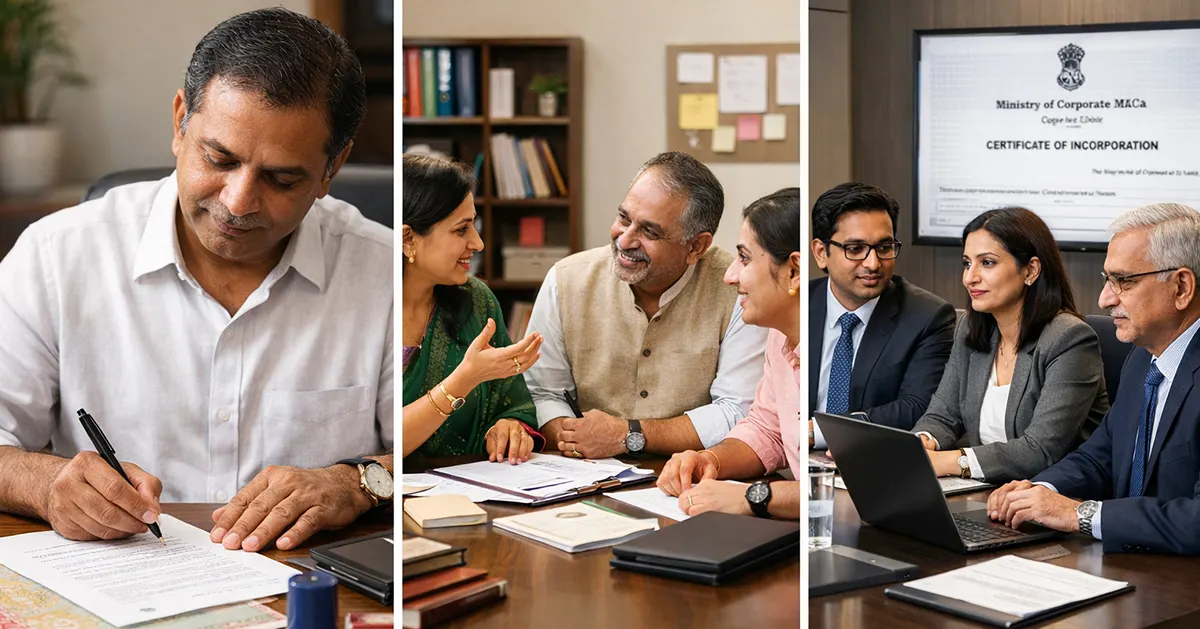Non-Governmental Organizations (NGOs) play an important role in social development, and proper accounting is key to their success and trustworthiness. Unlike regular business accounting, NGO accounting focuses on transparency, accountability, and utilizing funds for specific charitable goals instead of making a profit. In India, NGOs must follow special laws, so they need proper accounting practices.
NGO accounting involves:
- Recording all financial transactions
- Organizing financial data systematically
- Summarizing through financial statements
- Reporting to stakeholders accurately
- Following legal and regulatory compliance
This helps ensure funds are used correctly, meet legal requirements, and provide clear information to donors, government bodies, and the public.
What are the Legal Requirements for NGO Accounting?
NGOs in India are typically registered under three main categories, each with distinct registration processes and legal frameworks:
- Trusts: It is created by drafting a trust deed under the Indian Trusts Act, 1882 (or relevant state trust laws). The deed is registered at the local registrar or sub-registrar office for trust registration.
- Societies: Society registration requires submitting a Memorandum of Association (MoA) and rules to the Registrar of Societies in the respective state. It is registered under the Societies Registration Act, 1860.
- Section 8 Companies: The Companies Act, 2013, governs Section 8 registration via the Ministry of Corporate Affairs (MCA). The process includes name approval and filing the memorandum and Articles of Association (AoA).
Each type has its own compliance rules. Important laws and regulations for NGO accounting include:
- Income Tax Act, 1961: Sections 12A, 80G, and 10(23C) provide tax exemptions and deductions but require strict accounting and reporting.
- Foreign Contribution (Regulation) Act, 2010 (FCRA): Controls foreign funds received by NGOs. Requires separate accounts and detailed reporting to the Ministry of Home Affairs (MHA). FCRA registration is compulsory for NGOs that receive foreign funds.
- Societies Registration Act, 1860 / Indian Trusts Act, 1882 / Companies Act, 2013: Set rules for governance, financial management, and audits depending on the NGO’s registration type.
- Goods and Services Tax (GST) Act: NGOs must register for GST if their aggregate turnover exceeds ₹20 lakhs (₹10 lakhs for special category states). This applies when the NGO provides taxable goods or services, including training programs or consultancy.
- Accounting Standards for NGOs: NGOs must follow Generally Accepted Accounting Principles (GAAP) and guidelines issued by professional bodies like the Institute of Chartered Accountants of India (ICAI) to ensure uniformity and transparency.











